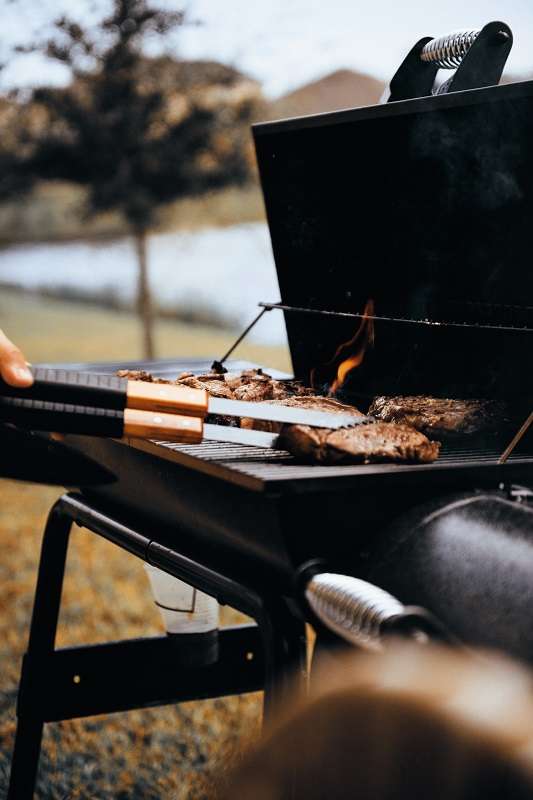
Photo by Aral Tasher on Unsplash
Labor Day, celebrated on the first Monday of September in the United States, is often associated with the end of summer, barbecues, and retail sales. However, there’s much more to this holiday than meets the eye. Beyond the backyard gatherings and shopping deals, Labor Day has a rich history and some intriguing facts that many people might not be aware of. In this article, we’ll delve into 10 things you didn’t know about Labor Day.
Fun Facts About Labor Day
- Origins of Labor Day
Labor Day was first celebrated in 1882 in New York City as a tribute to the American labor movement and the contributions of workers to the nation’s strength, prosperity, and well-being. It later became a federal holiday in 1894. The idea was championed by labor unions to recognize the achievements of workers and to provide them with a well-deserved day off.
- The Pullman Strike Connection
The Pullman Strike of 1894, a nationwide railroad strike, played a significant role in the establishment of Labor Day as a federal holiday. President Grover Cleveland declared Labor Day a national holiday just days after federal troops were sent to quell the strike, which had disrupted rail travel and mail delivery.
- Unofficial End of Summer
Labor Day has unofficially marked the end of summer since the late 19th century. It’s a bittersweet moment for many as the holiday weekend often includes a last hurrah of summer activities before the fall season begins.
- White Clothing Tradition
A lesser-known tradition associated with Labor Day is the unofficial “no white after Labor Day” rule. While its origins are debated, this fashion tradition gained prominence in the early 20th century. Wearing white was considered a sign of affluence, and the rule signified the end of the summer season and upper-class vacationing.
- Televised Labor Day Events
One of the oldest televised events in the U.S. is the Labor Day telecast of the Jerry Lewis MDA Telethon. From 1966 to 2010, Jerry Lewis hosted the telethon, which raised funds for the Muscular Dystrophy Association. The event became a Labor Day staple and a platform for raising awareness about the condition.
- World’s Largest Barbecue
Labor Day weekend holds the record for hosting one of the world’s largest barbecues. In Memphis, Tennessee, the annual “World Championship Barbecue Cooking Contest” takes place during this time, attracting professional pitmasters and thousands of attendees.
- End of Political Campaign Etiquette
Labor Day also marks the traditional end of the political campaign season. Historically, candidates avoided campaigning during the summer months when many voters were on vacation. With the advent of Labor Day, political campaigns would kick into high gear after the holiday.
- Symbol of the End of Hot Dog Season
According to the National Hot Dog and Sausage Council, Americans consume more hot dogs between Memorial Day and Labor Day than during any other time of the year. As Labor Day approaches, it symbolizes the winding down of hot dog season.
- Not Celebrated Worldwide
While Labor Day is celebrated in many countries around the world, the dates and significance vary. In the United States, it focuses on honoring workers, while in other countries, it might have a more political or historical context.
- No Fixed Symbol or Rituals
Unlike holidays with established symbols or rituals, Labor Day is characterized by various activities such as parades, picnics, and outdoor gatherings. It lacks a distinct symbol like Christmas trees or Easter eggs, allowing individuals and communities to celebrate in their unique ways.

Photo by Derek Thomson on Unsplash
Beyond the barbecues and the end-of-summer vibe, Labor Day holds a rich history and intriguing facts that shed light on its significance. From its origins in the labor movement to its role in marking the transition from summer to fall, Labor Day is a holiday that deserves recognition for its impact on American culture and the workforce. So, as you enjoy your long weekend, take a moment to reflect on the contributions of workers and the historical journey that led to the creation of this meaningful holiday.